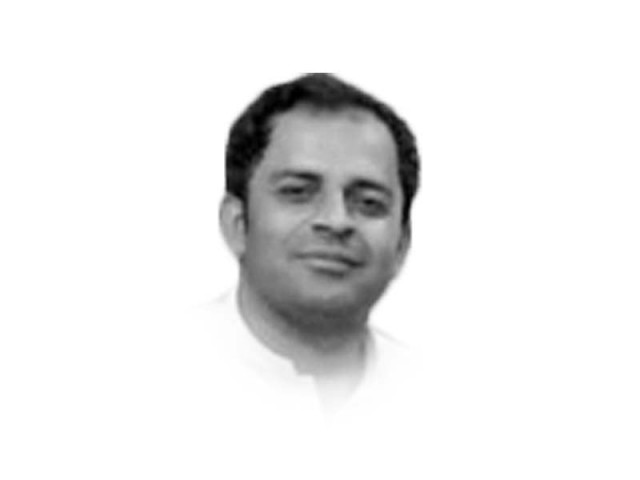Education and critical thinking
The obsolete academic curricular construct and pedagogical practices suffocate reasoned and critical discourse

Have you ever reflected on why our educational system failed to unlock our inherent cognitive potentials? Why it is not apt at producing scientists and scholars par excellence? Why majority of our students lag far behind in innovation, creativity and scientific discourse? What prevents democracy to take roots in the country? Why populism, demagoguery and tribalism keep on defining the country’s political landscape? What is wedging national integration? What has been fuelling intolerance and extremist tendencies? Why has sentimentalism, superstitions and elite capture been increasingly encroaching the very soul of our social fabric?
Of all overlapping and interrelated factors, inherent flaws in the country’s education system share the greatest responsibility of this national mess. An uncritical education system built on colonial remnants and veneered with religiosity could not equip the public with ideas and skills necessary in the modern world. Since critical thinking and dissent are hardly encouraged in Pakistan’s academic and public discourse, society keeps on wrestling with socio-economic backwardness, intellectual stagnation and chronic elite capture.
Before analysing the country’s intellectual dilemma, it is pertinent to describe critical thinking in a holistic manner. Critical thinking is an active cognitive engagement in contextualising, analysing, synthesising and applying information collected through reflection, observation, communication and experience. Critical reasoning enables one to come up with substantiated, logical and well-thought out syntheses. It encourages research culture, which helps in generating innovative ideas and creative dispositions. It also bolsters cognitive capabilities and promotes analytical as well as problem-solving skills. Critical thinking is the key to informed decision-making. Unlike sentimentalism that encourages blind political allegiance, critical thinking demands questioning the veracity, logic and intent of narratives and ideas. It is an effective tool to vet facts from falsified notions.
Pakistan’s educational system is plagued with anomalies. Rote learning and memorisation, dwindling scope of dissent, parroting of facts, distortion and falsification of historical events, outdated syllabi, authoritarian pedagogical practices, dearth of state-of-the-art infrastructure, glamorisation of the English language at the cost of content, lack of conceptual frameworks, and lack of curricular coherence characterise the dilapidated state of our education. These flaws lead to falsified narratives aimed at controlling public behaviour of the masses. Enquiring beyond the accepted syllabus is taboo. This way, the country’s educational system promotes dogmatism and biasness towards elite-centric narratives. The obsolete academic curricular construct and pedagogical practices suffocate reasoned and critical discourse. This is reflected in the almost non-existent academic debating culture. Unlike the advanced educational systems that encourage innovation, logic, and creative ideas, our education system rewards rote learning, recalling of, and blind submissions. Henceforth, it acts as a tool to generate predictable public behaviour. This has reduced the country into an exclusive, intolerant and retrogressive society.
Expecting such a divisive educational system to produce a rational and intellectually productive society is self-deception. Therefore, there is a dire need to reconstruct the country’s education system at an elementary level. Progressive curriculum overhaul, conducive debating culture, cognitively stimulating academic environment and intensive research practices would help serve the purpose. Apart from that, teaching subjects that encourage critical ideas including philosophy, epistemology, psychology, anthropology and emotional intelligence would help produce a productive and disciplined educational lot.
Published in The Express Tribune, August 8th, 2022.
Like Opinion & Editorial on Facebook, follow @ETOpEd on Twitter to receive all updates on all our daily pieces.















COMMENTS
Comments are moderated and generally will be posted if they are on-topic and not abusive.
For more information, please see our Comments FAQ